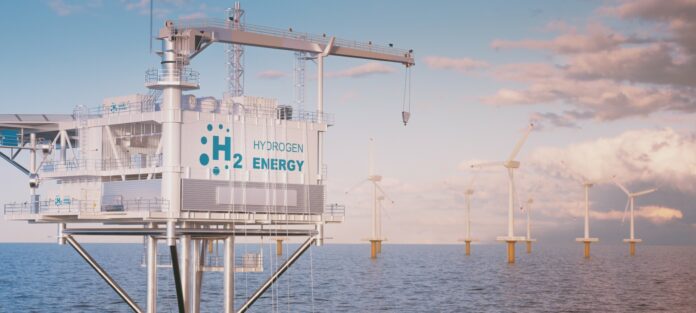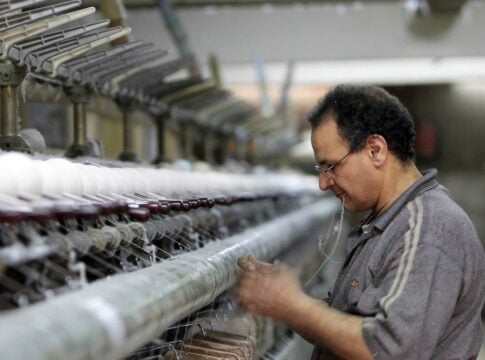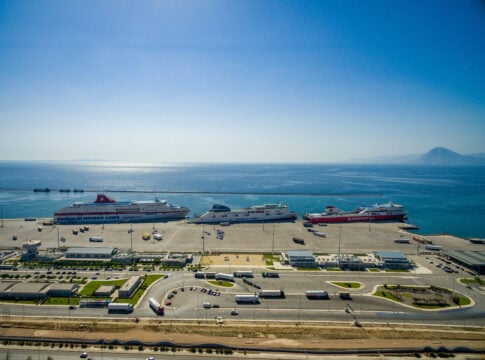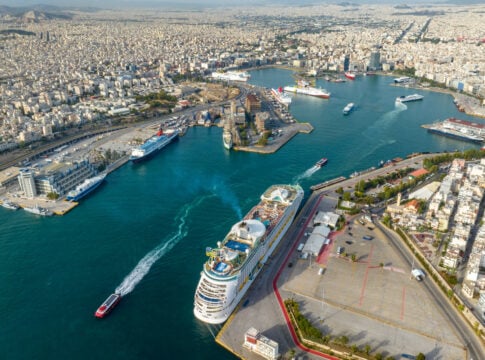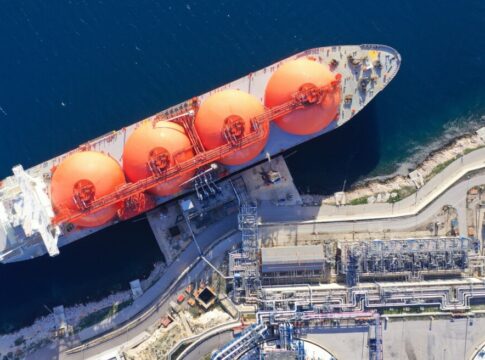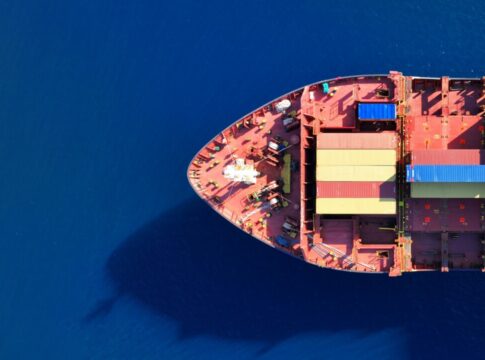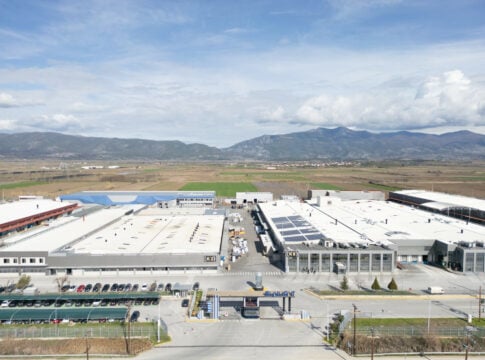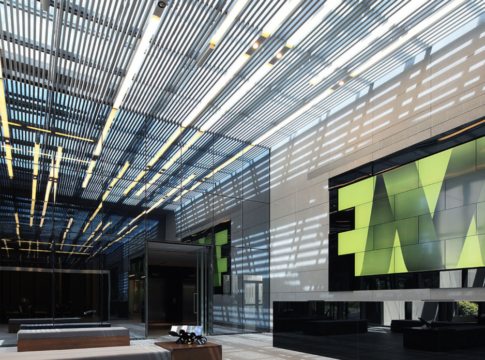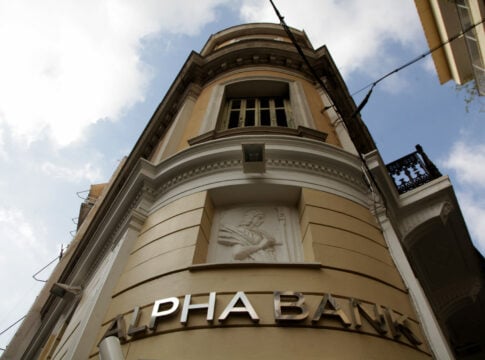Greece’s role in supplying Europe with hydrogen is very important, the CEO of Hydrogen Europe, Jorgo Chatzimarkakis, said in the framework of the Greek House Davos 2024, both as a producer and as a transport hub for hydrogen that will be produced in Egypt, the Saudi Arabia, Oman, and the Emirates.
“Greece is geographically at a crossroads, but it can also play a role as a consumer, for example to meet the energy needs of Crete or Greek shipping. Europe needs hydrogen to reach its climate targets and it can also be used as a storehouse of green energy,” he added.
At the same conference, the vice-president of Breakthrough Energy (an organization founded by Bill Gates) Ann Mettler, highlighted the difficulties of developing hydrogen, especially in the EU-27 where there are conflicting interests and different priorities among member states. She pointed out the need to speed up market integration processes and improve legislation on the part of the European Commission, in order to realize more investments.
ArcelorMittal metallurgy vice president Irina Gorbounova stressed that steel is essential to the energy transition, but greening its production using hydrogen is even more expensive. “We have to close the cost gap, it’s hard to invest when there’s no return,” she said, presenting the company’s efforts to produce climate-neutral steel.
Andrea Bombardi, executive vice president of consultancy RINA, said that only 0.1% of the hydrogen produced today is green, and that the hydrogen production and transport infrastructure needed to meet European targets is currently lacking.
Katerina Lianoudaki, CFO in ProEuropean Trading, which is developing a green hydrogen production project in Atherinolakkos, Crete, underlined the strategic position of the island for the development of interconnections with the Middle East and Africa. Referring to investment financing, she noted that while there are several financing tools in the EU, financing from banks remains difficult.


